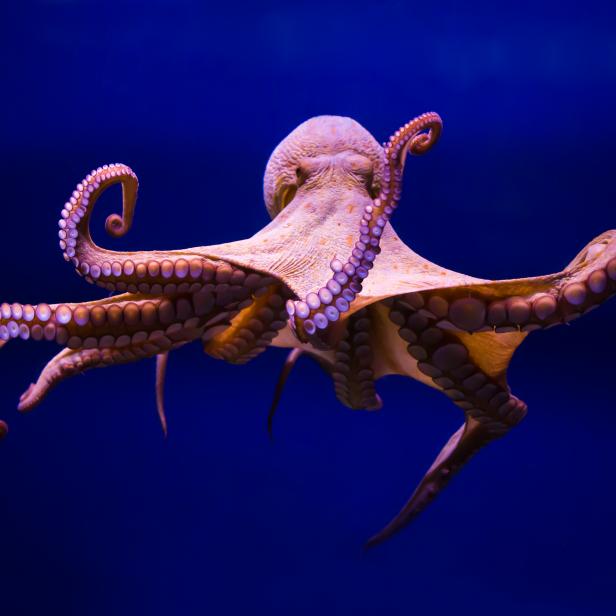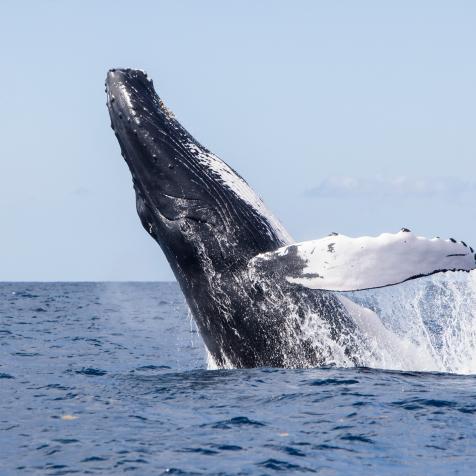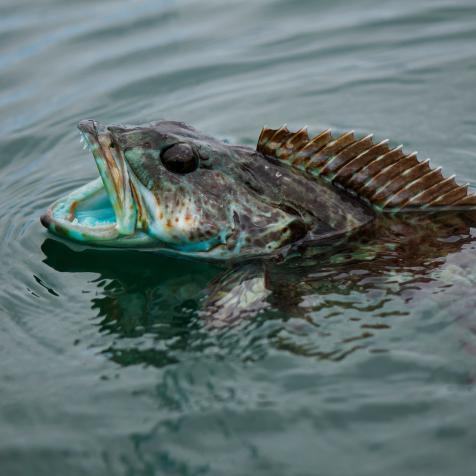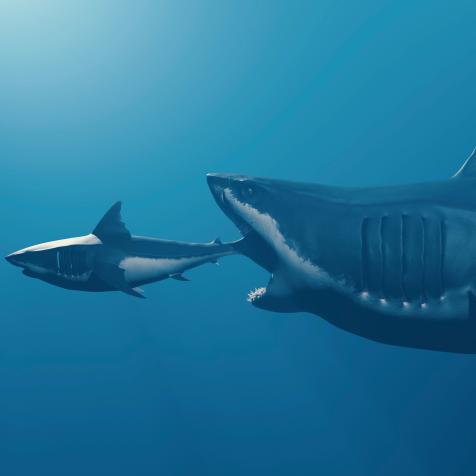
TheSP4N1SH
Do Octopuses Dream?
New footage shows a sleeping octopus changing colors, indicating the creature may be dreaming.
In a new PBS video, a napping octopus changes colors, leading scientists to believe that the animal is camouflaging itself to the environments in its dream.
Octopuses are highly intelligent creatures. With a brain-to-body ratio similar to that of mammals, octopuses are capable of high-order cognitive behaviors like problem solving and tool use. They can unscrew lids, open jars, and break into child-proof containers. These brilliant animals have even been reported escaping aquariums and finding their way back to sea and taking apart the plumbing of their own tanks.
Like mammals, octopuses go through alternating quiet and active sleep stages. Similarly to how a human's breathing and heart rate increases during dreams in REM sleep — in active sleep, an octopus’s skin changes color, their bodies twitch, and their suckers retract.
Unlike humans, however, active sleep for octopuses does not last very long.
"If they are dreaming, they are dreaming for up to a minute," said Sidarta Ribeiro, a neuroscientist at the Universidade Federal do Rio Grande do Norte in Brazil.
Likely, octopuses’ dreams are not very complex given how short their bursts of active sleep are. The scientists liken these dreams to short video clips or gifs, only a few seconds to a minute long.
"For around 40 seconds, [octopuses] dramatically change their color and their skin texture. Their eyes are also moving," said Sylvia Medeiros of the Brain Institute at the Federal University of Rio Grande do Norte. "All of this happens very conspicuously."
These invertebrates cycle through active and quiet sleep stages every 30-40 minutes.
To confirm the animals were actually sleeping, the scientists performed a series of visual and tactile stimulation tests. The researchers checked to see if the octopuses would respond to a favorite food item like a swimming crab, or to vibrations made by tapping on the glass. In each instance, the octopuses required a stronger stimulus to produce a reaction than when they were awake, confirming that the observed behavior was indeed sleeping.
In future studies, researchers want to explore the link between octopuses’ dreams and their extreme intelligence, thinking, and learning.


















